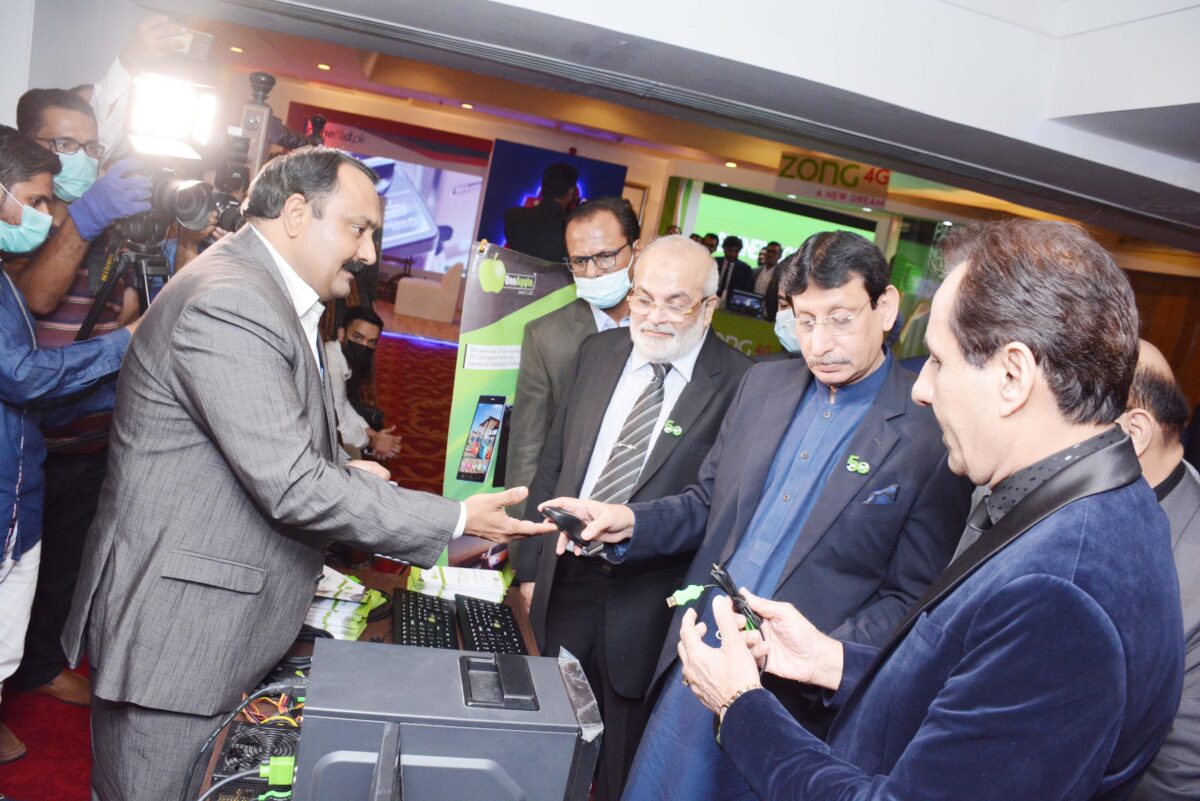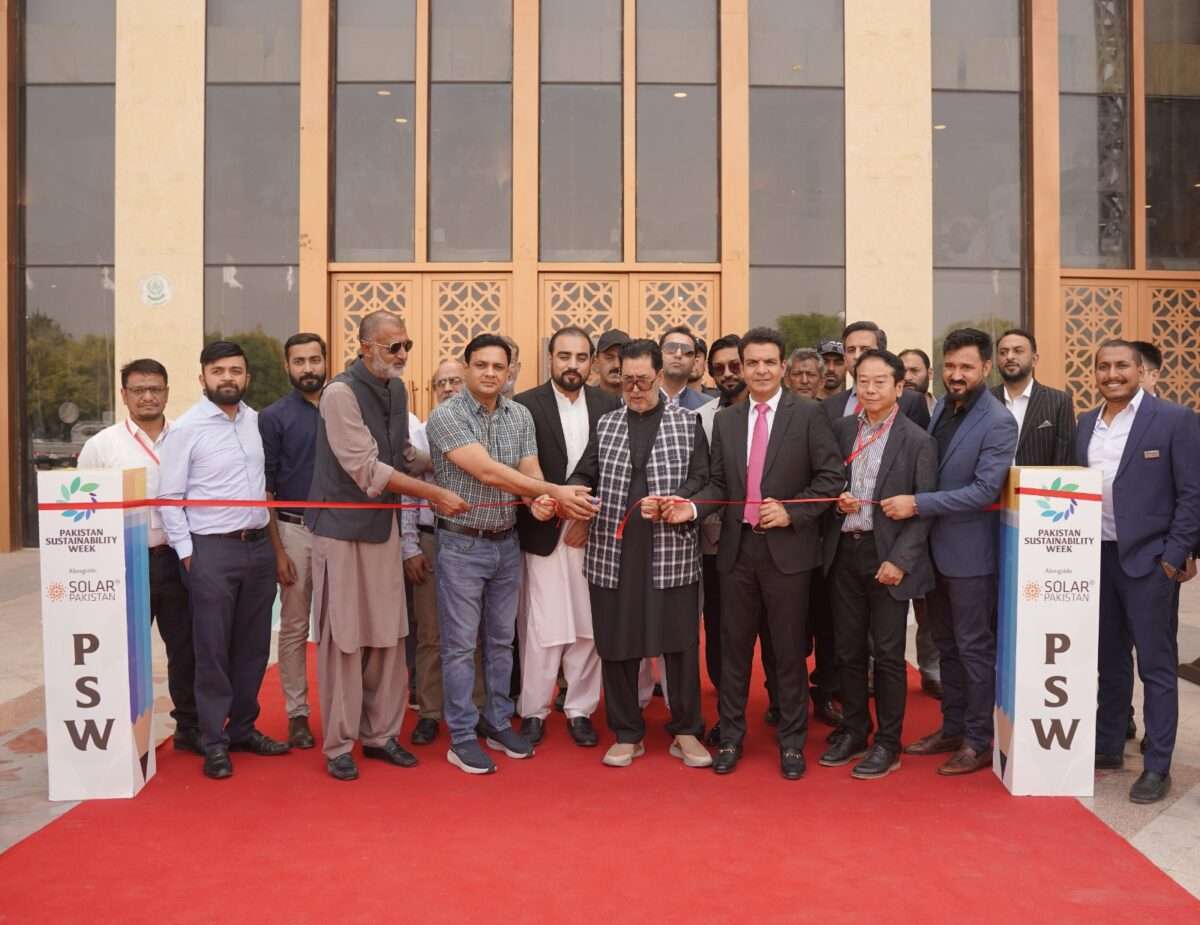PHDEC conducted a webinar on the topic of ‘Good Agricultural Practices of Olive for High Yield and Good Quality’. Pakistan, which has a large area of land suitable for growing olive trees, has been producing olive since 2010. Currently, it produces about 861 tons of table olive per year, all of which are consumed domestically. Pakistan has set a target of producing 4600 tons of olive oil by 2030 to substitute olive oil imports. The main areas in Pakistan fit for olive cultivation are Balochistan, Khyber Pakhtunkhwa (KPK) and Punjab, in addition to Azad Jammu and Kashmir (AJK) and Gilgit-Baltistan (GB).
Pakistan has 10m acres of land suitable for olive cultivation, which is almost twice as much as Spain, the world’s largest olive oil producer. Keeping in view its importance there is need to intervene on the Olive Production. PHDEC already intervene in olive crop and time to time webinars on olives already conducted. This webinar is to educate the olive farmers/growers, key farm workers on the subject.
Dr. Muhammad Azhar Iqbal (Deputy Project Director Center of Excellence for Olive Research and Training (CEFORT) Barani Agricultural Research Institute Chakwal (BARI)) Shared the current area and production of olive in Pakistan and last 10 year’s growth trend. He explained the nutritional value of olive fruit and antioxidants in olive fruit. He then comparatively stated the world olive production statistics, olive varieties being cultivated in Pakistan vs global varieties and graphical view of olive production in different districts of Punjab. He explained the domestic and global yield per acre and briefed the audiences that the soils of Pothohar region in Punjab are best suited to olive crop. He discussed that un-availability olive saplings, agronomic practices, research on olive crop, pre and post-harvest issues and lack of olive oil extraction facilities are the major challenges for olive crop. He explained the reasons of low production in Pakistan, impact of malpractices and lack of knowledge of recommended production technology of olive on quality, yield and post-harvest losses.
He recommended that olive growers should adopt modern techniques for production technology and government should provide funds and facilities of olive oil extraction unit in different olive producing areas of Pakistan.
A large number of participants from growers, processors, exporters, R&D and academia participated in the webinar and appreciated the PHDEC’s initiative of conducting the webinar on Olive.
















